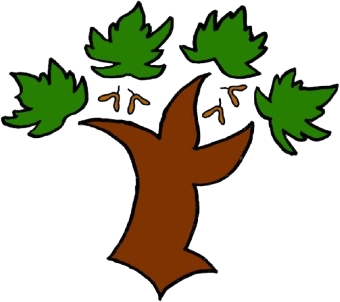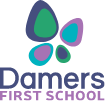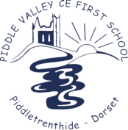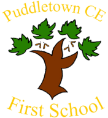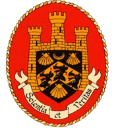
Geography
“Geography is a subject which holds the key to our future.” Michael Palin
Intent
At Puddletown First School we believe that Geography helps to provoke and provide answers to questions about the natural and human aspects of the world. Children are encouraged to develop a greater understanding and knowledge of the world, as well as their place in it. The geography curriculum at Puddletown First enables children to develop knowledge and skills that are transferable to other curriculum areas and which can and are used to promote their spiritual, moral, social and cultural development. Geography is, by nature, an investigative subject, which develops an understanding of concepts, knowledge and skills. We seek to inspire in children a curiosity and fascination about the world and its people which will remain with them for the rest of their lives; to promote the children’s interest and understanding of diverse places, people, resources and natural and human environments, together with a deep understanding of the Earth’s key physical and human processes. The curriculum is designed to develop knowledge and skills that are progressive, as well as transferable, throughout their time at Puddletown First School and also into their further education and beyond.
Implementation
At Puddletown First our geography curriculum follows the National Curriculum and extends beyond these set requirements to promote an ambitious curriculum. The use of the Cornerstones scheme ensures there is continuity and progression in geographical knowledge and skills taught from EYFS to year 4. Within Key stage 1 and lower key stage 2, Geography is blocked throughout the year as part of a connected approach with science, history, design technology and art and design. Within each year groups long term plans it is clearly identified where Geography is the focus subject within curriculum units. This is to enable an in-depth study of the subject, whilst making connections with other subjects. The use of long-term plans and knowledge organisers allow staff to implement lessons that have clear endpoints, ensuring a systematic approach to learning. Assessment is integral to each unit of geographical work and is used as a diagnostic tool to help mould the curriculum to the needs and requirements of the learners. Quizzes, recaps and connected knowledge lessons give all children the opportunity to retain the knowledge they need to move onto the next step in their learning journey. The local area is fully utilised to achieve the desired outcomes, with extensive opportunities for learning outside the classroom embedded in practice. When it is not possible to visit places we use technology to explore the world, for example; Google Earth is a wonderful resource.
Impact
Through carefully planned and engaging topics, children will have a good understanding of what makes their local area unique, as well as their place in the wider world. They will participate enthusiastically in lessons and be keen to undertake activities, sharing what they have learnt with their teachers and peers. Geographical vocabulary will become embedded across the key stages so that children can discuss geographical concepts and issues and ask questions. The impact of our Geography curriculum will be measured through questioning, pupil voice conversations, child led assessments and summative assessments.
As a result of their learning experience at Puddletown First School, we seek to create a lifelong love of Geography, and for children to be curious about the world around them and to ask questions about it. As part of their personal development and environmental awareness, children will express a desire to protect our Earth and discuss ways they can do this.
The children will be equipped with geographical skills and knowledge that they will be able to draw upon as they continue the curriculum in the Middle school and beyond.
